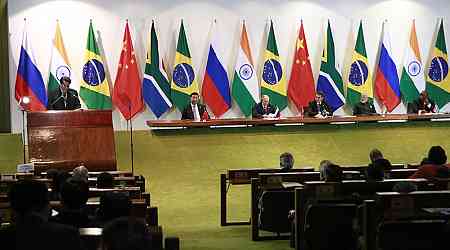Communities the world over are making the difference in the HIV response. In fact, communities have always played a huge part in the response to HIV. People are coming together, organizing themselves, telling truth to power and demanding their right to health. For people most vulnerable to HIV, it is no exaggeration to say that communities often make the difference between life and death.
For young women and girls, and for marginalized and vulnerable groups of people such as men who have sex with men, transgender people, sex workers, people who use drugs, prisoners and migrants, the pathway to health is not always as clear-cut as it should be. Stigma and discrimination, repressive laws, ignorance and hate can all prevent vulnerable people from accessing life-saving medical treatment and care, and means of prevention.
This is where communities often step in. Communities of people living with HIV, of marginalized and vulnerable groups, of women and of young people lead and sustain the delivery of peer-to-peer HIV services, defend human rights and advocate for access to essential services.




















